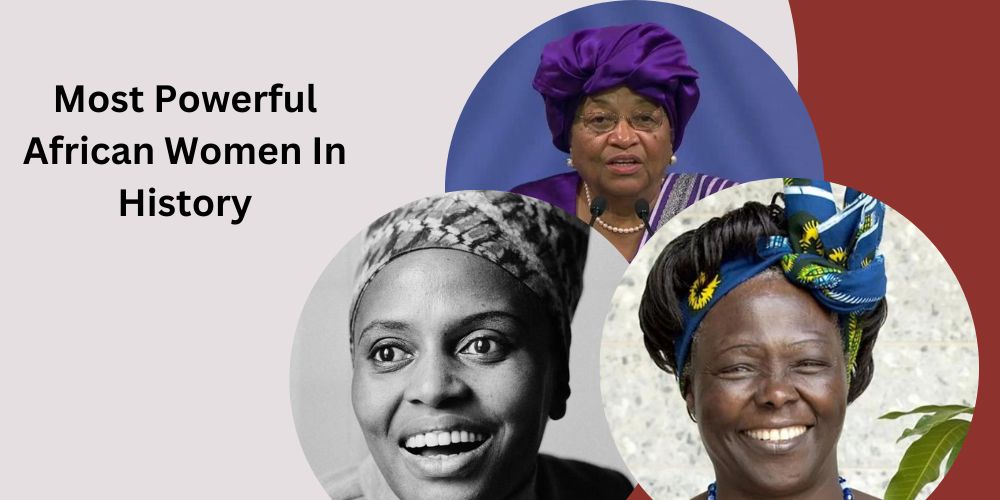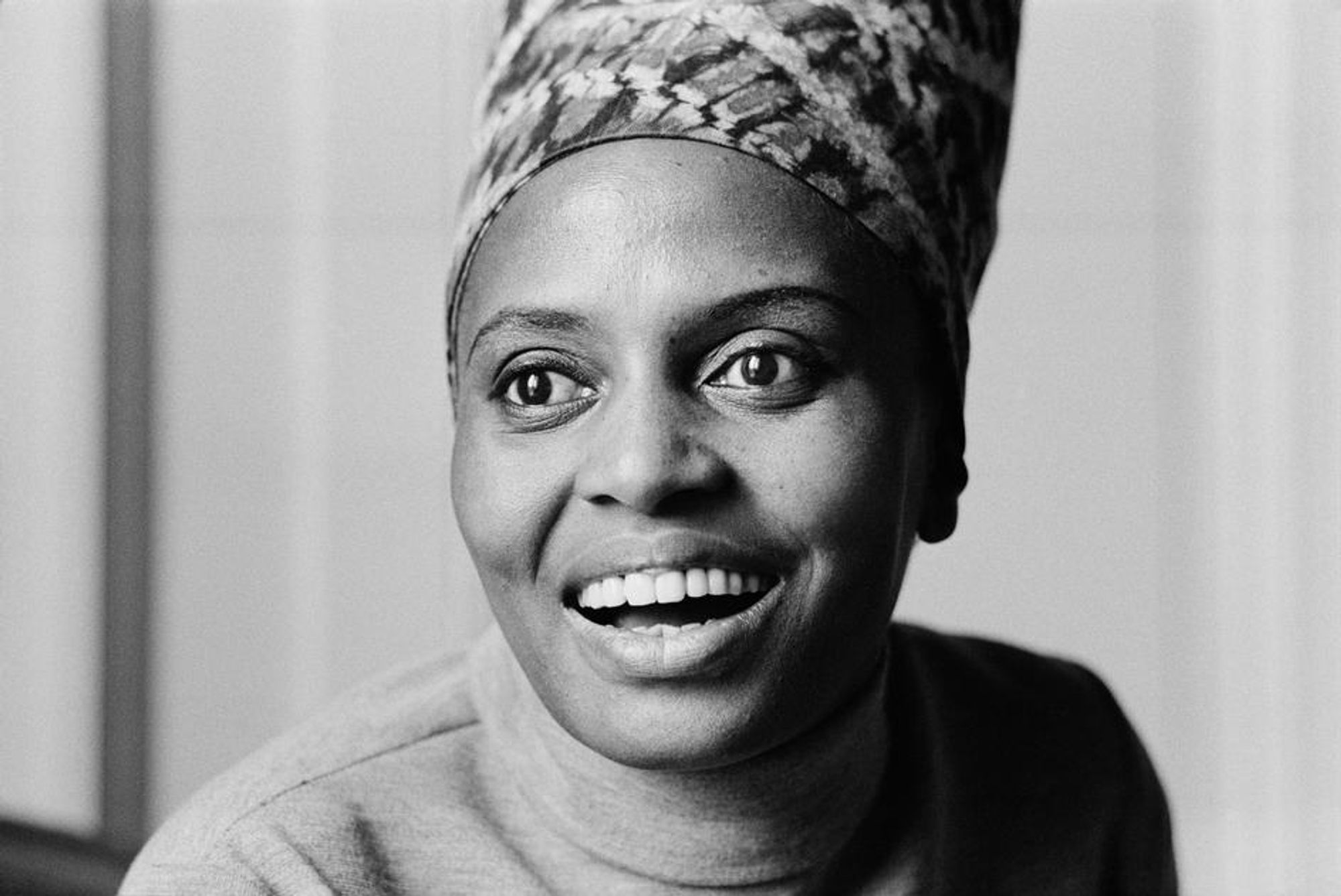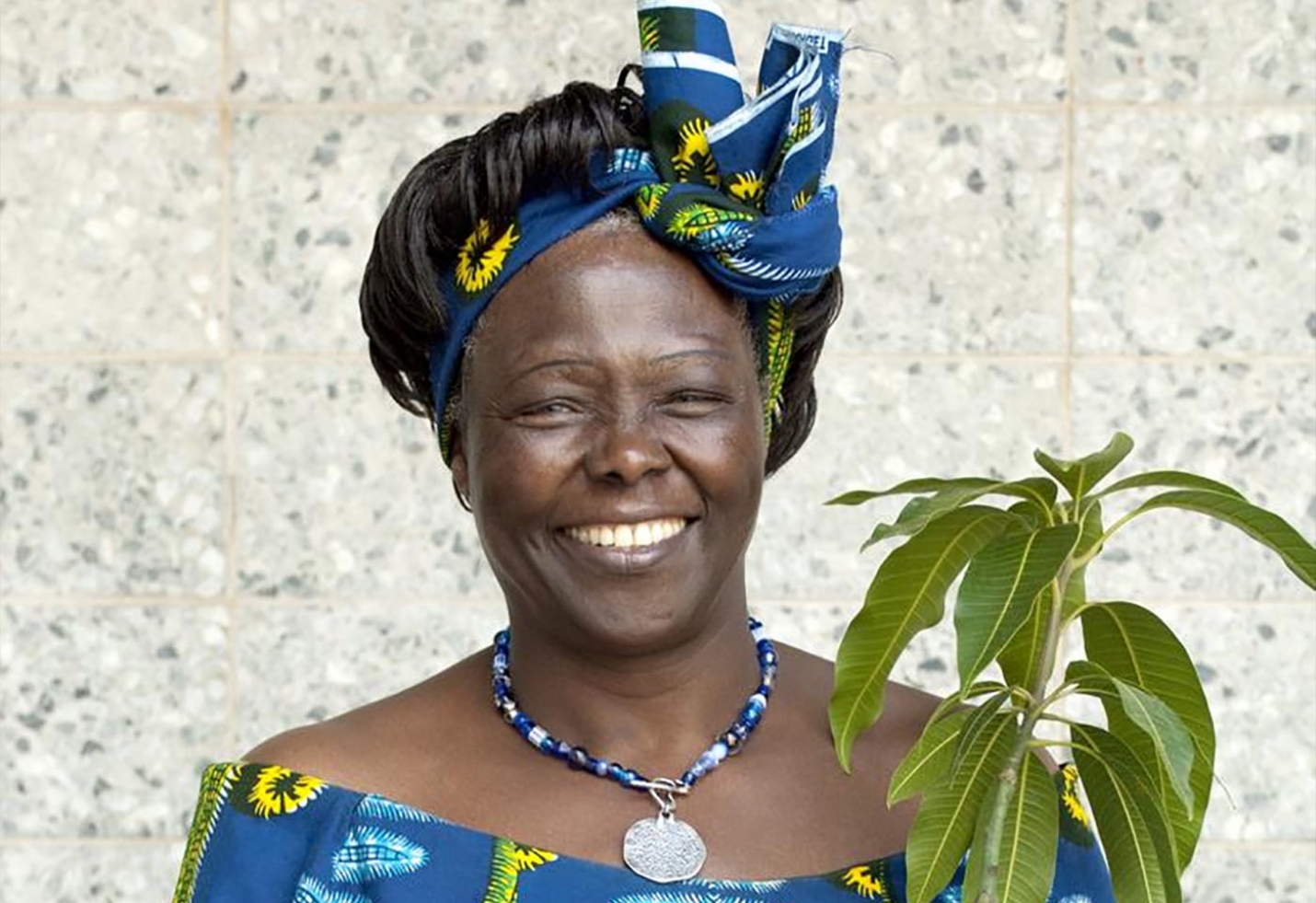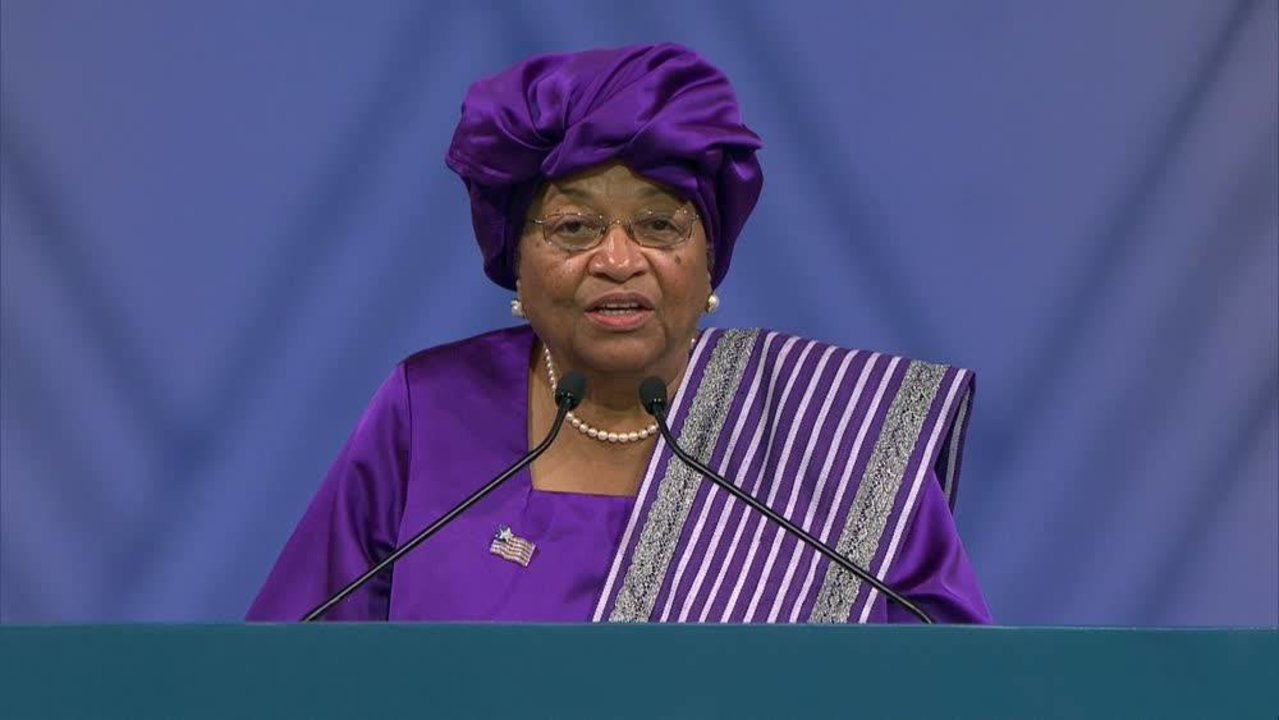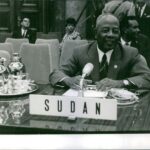Despite some of the subjugating nature of Africa’s customs and traditions towards women, Africa’s history is painted with the stories of incredible women who broke barriers and made a lasting impact. These women used their strength and intelligence to shape their nations and influence history. Despite facing challenges, they rose to power and left a legacy of inspiration. In this article, we shall consider the top 10 most powerful African women in history, exploring their stories and how they defied norms and changed the course of history.
1. Aoua Keita (Mali)
Aoua Keita was a Malian independence activist, politician, and writer. She gained prominence worldwide for her anti-colonial activism and for being one of the pioneering women in African politics. She was a member of the African Democratic Assembly (RDA) upon its founding in 1946 and was elected into the Malian parliament in 1959.
Keita was also part of the committee responsible for drafting the constitution of Mali, in light of independence from the French colonial master. She was the first woman in the Francophone West African Countries to be elected to a National Legislative Assembly. She also served in numerous capacities in the first nationalist government of Mali.
2. Funmilayo Ransome-Kuti (Nigeria)
Funmilayo Ransome Kuti was a Nigerian political leader, suffragist, and women’s rights activist. She gained prominence for her radical advocacy against the cultural and systematic subjugation and discrimination of Nigerian Women. She also took part in the Nigerian independence movement and became a noted member of international peace and women’s rights movements.
During the 1940s, Ransome-Kuti established the Abeokuta Women’s Union and advocated for women’s rights, demanding better representation of women in local governing bodies and an end to unfair taxes on market women. Described by media as the “Lioness of Lisabi“, she led marches and protests of up to 10,000 women, forcing the ruling Alake to temporarily abdicate in 1949.
3. Miriam Makeba (South Africa)
Mariam Makeba also known as Mama Africa, was a South African singer, songwriter, actress, and civil rights activist. She was among the first African musicians to receive worldwide recognition. and is popularly remembered for being the first African to win a Grammy award, the highest form of honor for musicians worldwide.
Aside from her music, Miriam Makeba was an advocate against apartheid and white-minority government in South Africa. She made several popular songs critical of the apartheid regime and became a symbol of opposition to the system. She was also involved with a range of black-centered political movements, including the civil rights, Black Consciousness, and Black Power movements
4. Gisèle Rabesahala (Madagascar)
Gisèle Rabesahala was a Malagasy politician and activist who was the first woman to hold a ministerial position in the government of Madagascar. She entered politics at the age of 17, campaigning on behalf of political prisoners, and becoming Madagascar’s first woman municipal councilor, before becoming the first Malagasy woman to establish and lead a political party.
Rabesahala co-founded the communist Congress Party for the Independence of Madagascar, which took power in 1975. In 1977 she became Madagascar’s first female minister, responsible for promoting revolutionary art and culture. She left the position in 1991 when Madagascar’s return to multi-party democrac but remained an active political contributor until her death in 2011.
5. Bibi Titi Mohamed (Tanzania)
Bibi Titi Mohammed was a Tanzanian politician and activist. She gained prominence as freedom fighter and one of the leaders of the Tanzanian nationalist movement. She was the first female member of the Tanganyika African National Union (TANU), an independent party led by Julius Nyerere.
As a singer and a musician in the community dancing groups (ngoma) of Dar es Salaam, she helped to recruit more than six thousand women for the TANU, playing a a major role in the fight for independence. Upon indpendence, Bibi served in various ministerial positions, where she played a pivotal role in education and women’s equality.
6. Wangari Maathai (Kenya)
Wangari Maathai was a Kenyan environmental, and political activist and the first African woman to win the Nobel Peace Prize. She founded the Green Belt Movement, a non-governmental organization focused on environmental conservation and women’s rights. She also protested against Kenya’s dictatorial government of the time advocating for democracy and the freedom of expression
Wangari Maathai is also an academic and intellectual with significant contributions to ecology, development, gender, and African cultures and religions. She is the first woman in East and Central Africa to become a Doctor of Philosophy, receiving her Ph.D. from the University of Nairobi in Kenya. She also served in numerous political position upon the restoration of democracy in Kenya
7. Jeanne-Marie Ruth-Rolland (CAR)
Jeanne-Marie Ruth-Rolland was a Central African politician, social worker, teacher and one of the most powerful African women in history. She gained prominence as the president of the Central African Red Cross, where she devoted much time to helping street children and for being the first African woman to contest in a presidential election on the continent.
Jeanne began to attain limelight thanks to her criticism of corruption of the governemnt of the Central African republic. She was highly critical of President Kolingba government, leading to her arrest and imprisonment on multiple occasions. In order to make positive change, jeanne went into politics, she formed her own political party and served in various minsterial capacity.
8. Rose Ziba Chibambo
Rose Ziba Chibambo was a prominent Malawian politician and anti-colonial nationalist who spearheaded the independence of Malawi from the British colonial masters. She organised Malawian women in their political fight against the British as a political force to be reckoned with alongside their menfolk in the push for independence.
Rose created the Nyasaland Women’s League with the aim of supporting women’s issues and raising their awareness of political issues. She was arrested for her activities in 1959 and imprisoned for a year. Upon Malawi’s independence in 1964, she was elected Member of Parliament and appointed junior minister, before she was forced into exile.
9. Ellen Johnson Sirleaf (Liberia)
Ellen Johnson Sirleaf is a Liberian politician who served as the 24th president of Liberia from 2006 to 2018, making her the first elected Female President in Africa. She was also elected as the Chair of the Economic Community of West African States in 2016, making her the first woman to hold the position since it was created.
Prior to her presidency , Ellen served in numerous position including the Minister of Finance under the administration of William Tolbert, the 20th president of Liberia. Upon her inauguration, she implemented economic favourabel policies, gaining more popular support. She won the Nobel Peace Prize in 2011, recognizing her efforts to bring women into the peacekeeping process.
10. Rose Lokissim
Rose Lokissim was was a Chadian solider and actvist, who fought against the dictatorship of Hissène Habré in the 1980’s. She was one of the first elite female soldiers in Chad, and soon joined the fight against Hissène Habré dictatorship. She was described as someone who didn’t let her age or gender get in the way of her taking charge when needed in any given situation.
Rose was imprisoned in 1984 by Habre’s regime, she was tortured for eight months. During her incarceration, she managed to record and smuggle out the names of prisoners and accounts of abuses committed by the political police. The latter, however, intercepted her documents and she was, for this reason, executed on May 15th, 1986.
